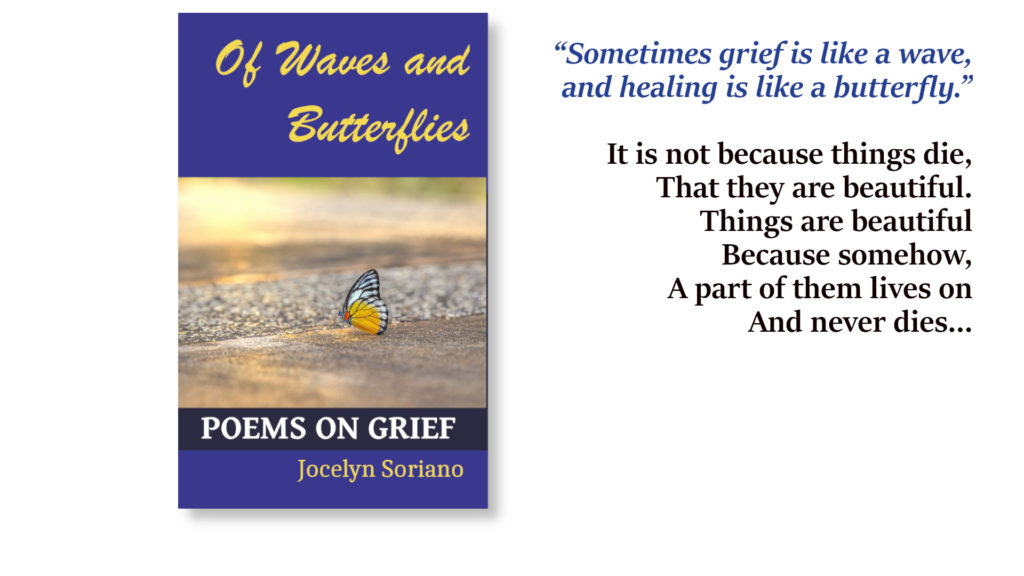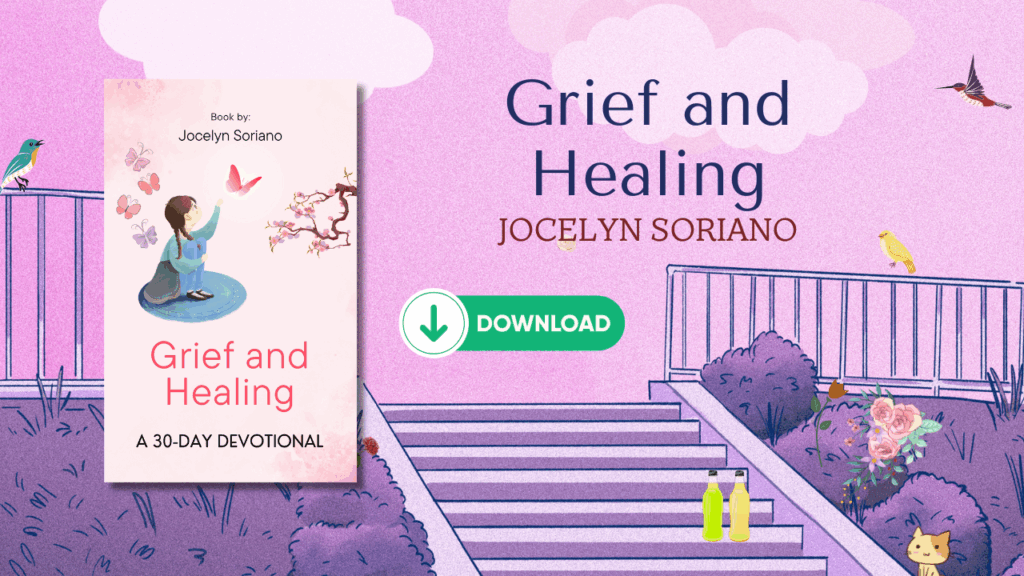 In her book, “On Death and Dying”, Dr. Elisabeth Kübler-Ross presented a model of the 5 grief stages when people are faced with their own mortality. Through the years, this model had been used to also help other people facing various kinds of grief. Among this grief is when a person has lost or is about to lose a loved one.
In her book, “On Death and Dying”, Dr. Elisabeth Kübler-Ross presented a model of the 5 grief stages when people are faced with their own mortality. Through the years, this model had been used to also help other people facing various kinds of grief. Among this grief is when a person has lost or is about to lose a loved one.
If you are facing the loss of someone you love, these stages may help you to better understand the kind of emotional state you are going through.
It should be noted, however, that while these 5 grief stages describe the common experiences of people who undergo the grieving process, they do not strictly occur in the order presented. Further, some stages may overlap or may even be completely missing in one’s personal experience. It all depends upon the unique experience of a person in the face of losing a very important person in one’s life.
Not every person has the same memory nor the same set of circumstances. One may have a stronger support system while another may be more emotionally prepared. In the end, we can take comfort in some of our common struggles and somehow feel less alone when faced with the pain of losing someone we love.
Here are the The Five Stages of Grief according to Dr. Elisabeth Kübler-Ross:
1. Denial
When faced with unbearable loss, our first reaction could be of total denial. We don’t want to believe that a certain thing could ever be true. How could such a sad thing be true?
We’d rather believe we’re dreaming or someone has just told us a lie. No, we’ve just talked with our loved one yesterday. How could they suddenly be gone? How could it be so impossible now to talk to them again?
Maybe they’ve identified the wrong person. Or perhaps it’s not too late to revive our loved one back to life. Could it be that we’ve heard something incorrectly?
We deny something because we want to postpone the bad news for as long as we can. We feel that we’re not ready yet. We haven’t prepared enough. We want to pretend nothing has changed and that no one has taken our loved one away.
2. Anger
Anger is that stage when we feel so helpless because we could no longer deny the loss of someone we love. It’s the result of our frustration and all our other pent up emotions coming together and being released at last.
Why her? Or why him? Why now?
We can’t understand why something so tragic has happened that we feel injured beyond measure. We want someone to take the blame for it all. We want to express all of our hatred to the cause of our suffering.
It can’t be fair. Our loved one was just so innocent or young. Or even when old age had already come, we can’t believe that someone so good could just be taken away from life.
Somehow, we want to take control. We want our anger to at least make us feel as though we could still do something.
3. Bargaining
After the first surge of anger has calmed down a bit, we start to look for a compromise. If your loved one has not yet passed away but has been pronounced with a terminal illness, you want to bargain even for a miracle. You pray. You promise to do something if only your loved one would be healed.
On the other hand, if you have already lost the person, you try to bring back those times when he or she was still alive. You may think about your regrets and your last actions. You may start to believe that if only this or that never happened, your loved one could still be alive.
You replay the past over and over again. You talk about what happened to people as though replaying the past could turn back the hands of time.
4. Depression
This is the point when you have realized there is nothing you could do. You tried to deny the truth but you were faced with the facts. You start to find someone to blame, but you’ve realized that blaming someone could never bring back the person you love.
At this critical phase in grieving, you feel so powerless you no longer know what to do next. Where could you possibly escape from that dark place you’ve just found yourself living in? How do you carry a burden that seems so heavy to bear?
Days go by and you couldn’t care for the usual activities you used to have. You find it hard to look forward to something. You lose your motivation to interact with people. You may find yourself spending more and more time alone.
5. Acceptance
Most commonly referred to as the last stage in the grieving process, acceptance is finally coming to terms with your loss. It doesn’t mean that you feel totally healed. It doesn’t mean that you would no longer be sad. But acceptance is that part of your journey in grief when you begin to sense peace again.
With acceptance, the truth of your loved one’s passing slowly sinks in. You no longer let anger or regret control you. You regain a sense of composure accepting that you have lost a very important part of your life, but along the way, you remember that you do not lose everything.
You still have your memories. You believe that you have become a better person because of the person that you would always love.
In this stage, you still feel the pain of your loved one’s absence, but somehow, you are more confident of holding on to more than the physical presence of the person you love. You start to do some of your routine activities again. You find a way to live in a new way while honoring the love and the memories of the person you’re grieving for.
Final Thoughts
There is no solid timeline for healing when it come to grief. Even the 5 grief stages can change, depending on how you cope with your loss. You can move back and forth through some of these stages. You can also skip some parts or dwell longer in other areas.
What’s important is to value your experience and to honor the life of the person you love by also taking care of yourself. Your life had been enriched by that person you value so much. Make the legacy of that person’s life help you to heal, adjust your perspective and live your life each day with gratitude and love.
You may also want to read the following:
Grief Quotes to Remember for Comfort and Healing
Grief Poems for the Loss of a Loved One
Come To Me, All You Who Are Weary and Burdened
When We Want to Know the Meaning of Our Sadness
If you liked the above post, please share these 5 grief stages to others who may need to understand the various emotions they’re going through.

